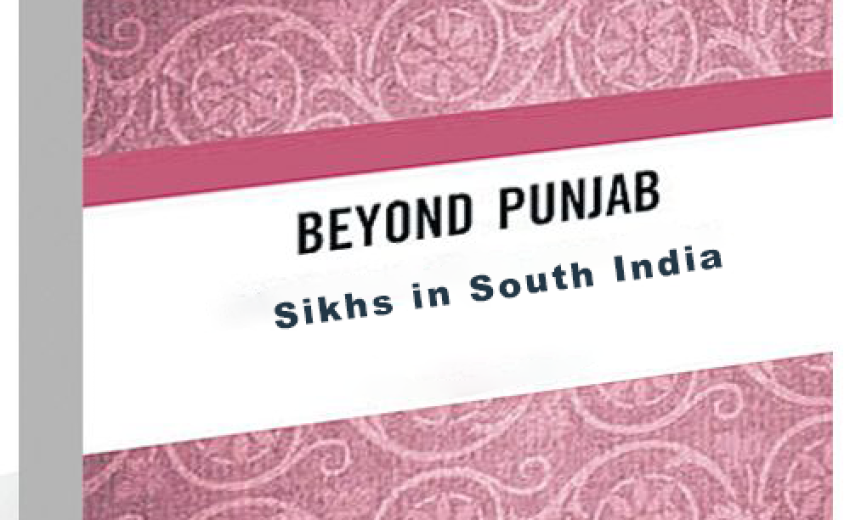Many people link Sikhs mainly with Punjab, but there's a lesser-known history of Sikhs settling in Karnataka, Andhra Pradesh, and Maharashtra many years ago.Take, for example, about 25 Sikligar families living in the back of a renovated slum on the outskirts of the city. These Sikhs, along with groups like Banjara, Lubana, and Satnami, are facing tough times, living on the fringes of society and often outside Punjab. This has sparked efforts to support these "Forgotten Sikhs" and improve their socio-economic conditions.
The Sikligars started moving to southern India during the time of Guru Gobind Singh, the 10th Sikh leader. He journeyed to the Deccan region and eventually passed away in 1708 in Nanded, Maharashtra. This marked the beginning of their integration into southern Indian culture and society.
“The resilience of these people in the face of centuries of vicissitudes and hardship is remarkable,” said Harminder Singh, secretary of the Karnataka Sikh Welfare Society (KSWS).
The Sikligars
Sikligars first arrived in southern India with the tenth Guru, known for their expertise in making weapons. Sikligar is a compound of the Persian words ‘saiqal’ and ‘gar’ meaning a polisher of metal. Highly skilled in crafting weapons, Sikligars now make kitchen tools to make ends meet. Sadly, many of them cannot read or write.
Educational Initiatives: Empowering Sikligar Children
In India's census, Sikligars are classified as Scheduled Castes, facing challenges due to their illiteracy. To help Sikligar children, the KSWS in Bangalore offers scholarships for formal education. Additionally, older Sikligars are encouraged to attend Punjabi classes to improve their literacy skills.
Amardas Singh, 23, is a Sikligar beneficiary of the KSWS scholarship programme with a job in the financial sector.
“Education will definitely help improve our condition,” he says, “but with youngsters less inclined to the life of an iron smith, the craftsmanship coming down from our forefathers may be lost.”
Amardas also points to the need to upgrade Sikligar skills, citing the case of the kirpan, the small sheathed dagger carried by observant Sikhs.
Diverse Sikh Communities in Southern India
In the early 1800s, another batch of Sikhs came down to the south when the Nizam of Hyderabad formed a Sikh group in his army. These Sikhs decided to settle in the south, and their descendants are now called the Dakhini or southern Sikhs.
In Assam, during the time of the ninth Guru Tegh Bahadur's visit, some Ahom people converted to Sikhism, forming a small Sikh community there. In Bihar and Jharkhand, there's a long-standing community known as Agrahari Sikhs or Bihari Sikhs, who have been living there for many years.
The Banjaras, a wandering tribe known for trading goods, have been roaming across northern and southern India for ages. Some Sikhs from the Banjara community also accompanied armies in the past, providing them with supplies during their travels. Sikhs make up more than 60 percent of the population in Punjab, their home state.Sikh scholar Chiranjiv Singh talks about Sikhs who grow up outside Punjab, the birthplace of Sikhism. He comes from a Punjabi Sikh family but has lived most of his life in Karnataka, embracing Kannada culture in Bangalore where he resides.
Chiranjiv believes that Sikhs from diverse backgrounds, like those not from Punjab, should have the freedom to shape their own future without being overly influenced by Punjabi Sikhs. In India, where people from different backgrounds live together, there's a rich mix of cultures and histories. The relationship between Sikhs from Punjab and those from other places is complex, especially considering the challenges faced by the latter in terms of social and economic issues. This reflects India's diverse landscape and its ongoing journey of cultural exchange and adaptation.“They should be liberated, so to speak, from the hold of the Punjabi Sikhs,” says Chiranjiv adding, “Sikhism, which was a movement of subalterns for freedom from the inequities imposed by the social system, would thus be returning to its origins.”
*Based on an article by Biswajit Choudhury, published in Sikh Sangat on 19th October 2011
